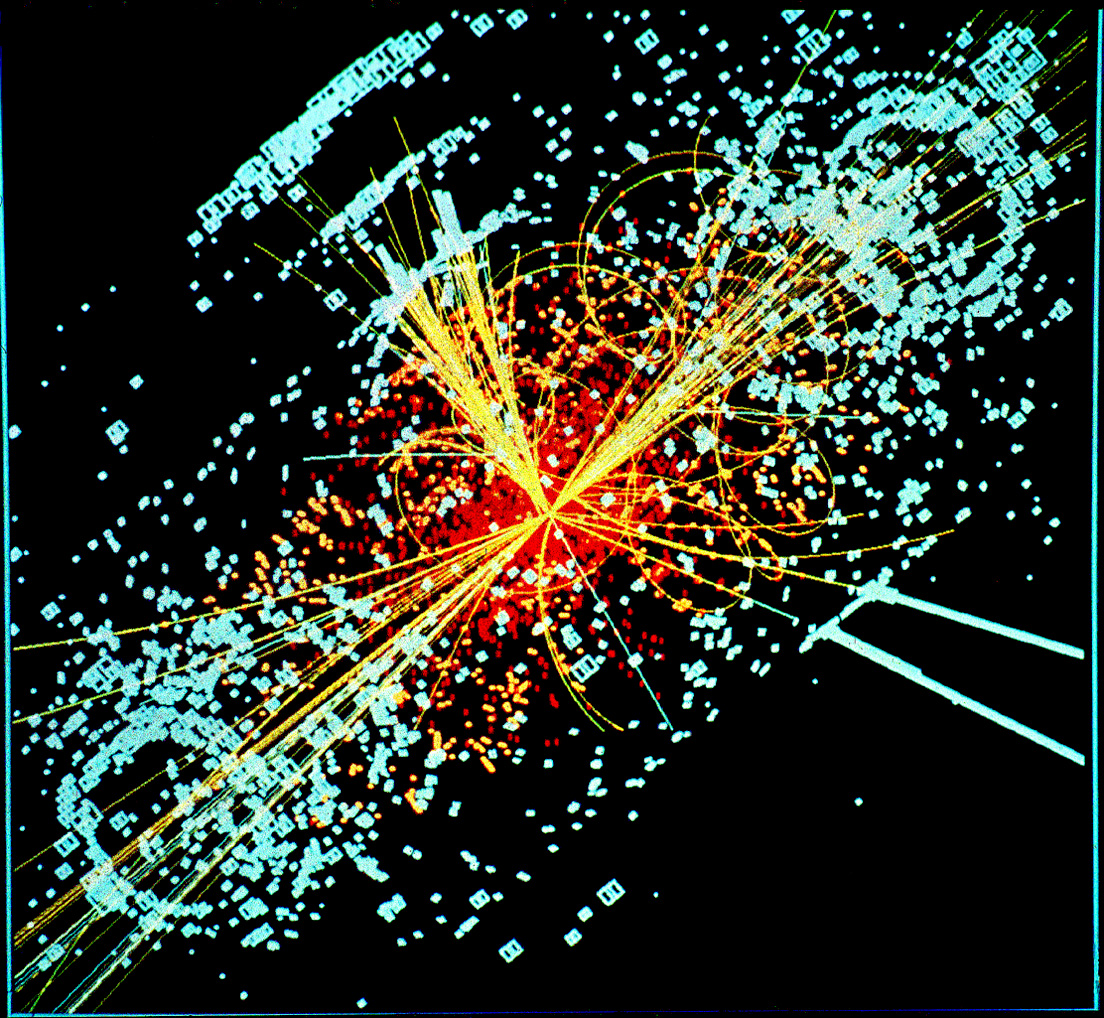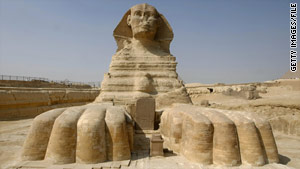The mythical sphinx of Giza was constructed around 2500 BC by the Egyptian Pharao Khafra. Some theories is giving credit for building the Sphinx to Khafra's father, Khufu, or his half brother, Djedefre. It has now lost its nose and beard; especially the beard is quite characteristic for Egyptian Pharao depictions. Later on walls were constructed around the Sphinx to protect it from flying sand that would erode the statue.
New theories claim that the Sphinx was not originally constructed with a human head, but rather that of a lion or of the Jackal-Dog Anubis, God of the Necropolis.This is partly based on the proportions of the statue; the body is long and the head is quite small. Thus it is believe that the head used to be larger and has carved out of the original head.
One controversy based partly on the appearance of the Sphinx is about the race of the ancient Egyptians, some archaeologists/historians claim that the head has typical characteristics of a black African. This is obviously hard to determine after thousands of years of erosion. Also many paintings show black Egyptians from this time, and it has been proposed that the view of the Egyptians as rather light-skinned is a result of European racism during the earlier days of egyptology. Many however believe that the people of the ancient Egyptian civilization were not homogeneous, but rather mix with influences from several cultural and geographical areas. This make this controversy rather pointless, if not to discover the origins of the first inhabitants of the Egyptian Nile area and founders of the ancient civilization. Egypt is located in the crossroads between the African continent and the Middle East, and it is not unlikely that the population then, as it is now, was quite diverse.
[Egypt] [Sphinx] Share on Facebook








